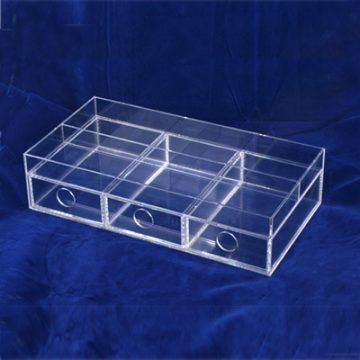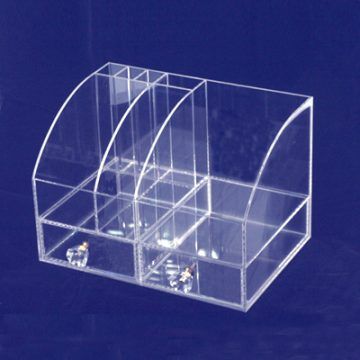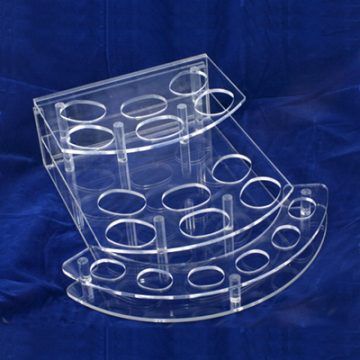Is PMMA plastic safe to use?
Acrylic (PMMA) biocompatibility PMMA is very biocompatible with human tissue. Because it is BPA free, it is also a useful BPA-free alternative to polycarbonate frequently used for making component parts for medical, biological and biopharmaceutical applications.
What are the advantages of PMMA plastic?
Because it is inherently stable to UV-light, PMMA is used for many outdoor applications, in which it maintains its original colour and finishes for many years. PMMA also has excellent scratch resistance and is able to be processed to a very high gloss finish.
Is PMMA the same as polycarbonate?
Acrylic (polymethyl methacrylate, or PMMA) is cheaper than polycarbonate. It is more transparent and has a high-gloss finish. Acrylic can be used as a safe, lightweight alternative to glass in applications where better optical properties are the most important consideration.
What are the disadvantages of PMMA?
PMMA can undergo thermal degradation and thermal oxidative degradation in the presence of oxygen, as well as photodegradation, oxidative degradation, and UV degradation. Thermal degradation causes changes in properties of the polymer such as reduced ductility, chalking, color changes, and cracking.







